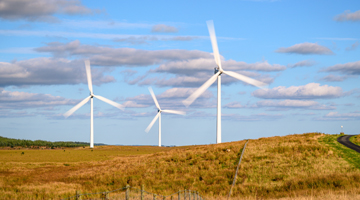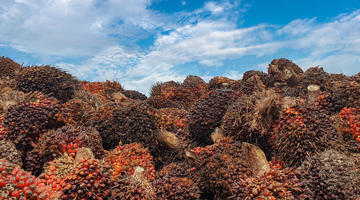 ECI
https://www.3keel.com/wp-content/uploads/2023/11/bean_meals_sf.webp
200
360
Richard Scott
https://www.3keel.com/wp-content/uploads/2023/04/3keel_logo-1.png
Richard Scott2023-11-21 13:15:242024-03-11 10:26:48BeanMeals: Mainstreaming UK-grown beans in healthy meals
ECI
https://www.3keel.com/wp-content/uploads/2023/11/bean_meals_sf.webp
200
360
Richard Scott
https://www.3keel.com/wp-content/uploads/2023/04/3keel_logo-1.png
Richard Scott2023-11-21 13:15:242024-03-11 10:26:48BeanMeals: Mainstreaming UK-grown beans in healthy mealsWe’ve been collaborating with the National Trust and Oxford University to assess the impact of changing weather patterns on domestic tourism – highlighting the urgent need for increased action on both climate mitigation and adaptation.
ground-breaking study carried out by the National Trust, 3Keel LLP and Oxford University has revealed how the future of UK tourism might change due to climate change, where extreme weather conditions could affect visitor behaviour across the UK’s national trust sites. The findings will help the National Trust prepare for the impacts of a warming climate.
Data from more than 85million visits to 170 National Trust UK sites between 2015 and 2019 was analysed and compared with weather patterns including those for temperature, rain and wind speed. The results suggest large changes in visitor behaviour as weather patterns change.
The study predicts that visitors will be put off visiting sites in high temperatures, because visitor numbers peak at an optimum temperature of 24ºC, but start to decline above this, and dramatically reduce at 28ºC. Optimum weather for a “National Trust day out” across all indoor and outdoor locations is 21ºC degrees with a light wind and very small amount of rain, and the ideal temperature for visiting indoor attractions is 20ºC degrees. These visitor behaviour patterns, coupled with the prediction of increased temperatures, could affect the peak tourist season for many sites, as people choose to avoid the hottest days.
The study also highlights how visitor pressures may change at different location types. For example, coastal locations might be placed under high pressure in terms of possible overcrowding, as visitors were shown to be more likely to visit coastal locations than inland locations during hotter temperatures. Many sites could be at risk of temporary closures due to heat, flooding and high winds. There may also be a shift in visitor numbers between indoor and outdoor sites as weather patterns change.
The predicted changes in visitor behaviour suggest that the £125 billion tourist industry may not be ready for extreme weather without investment in the infrastructure required to cope with changing visitor demands. If greenhouse gas emissions are not dramatically reduced, an increasing number of stately homes and other indoor venues may have to temporarily close more often due to climate-driven excessive heat or storms. As such, the data will be used to equip the National Trust’s historic indoor and outdoor sites for changing weather patterns, and ensure they remain viable.
Some measures are already being taken by the National Trust to combat this. Shade is being created to cover outdoor seating areas using flora that is resistant to higher temperatures as well as areas of high visitor traffic and areas prone to flooding are currently undergoing extensive tree and shrub planting to protect car parks and the property. The Trust is exploring strategies to help buildings cope with excessive heat, such as shading and passive ventilation, while ensuring they are warm during winter months to reduce emissions.
The data is thought to be the first of its kind and comes after the same coalition produced a climate change “hazard map” which plots potential climate change threats to specific locations across the country.
These projections are not “final” and should serve as a further reminder of the importance of becoming net zero. The first priority must be to minimise the impact we have on extreme weather through climate change mitigation.







